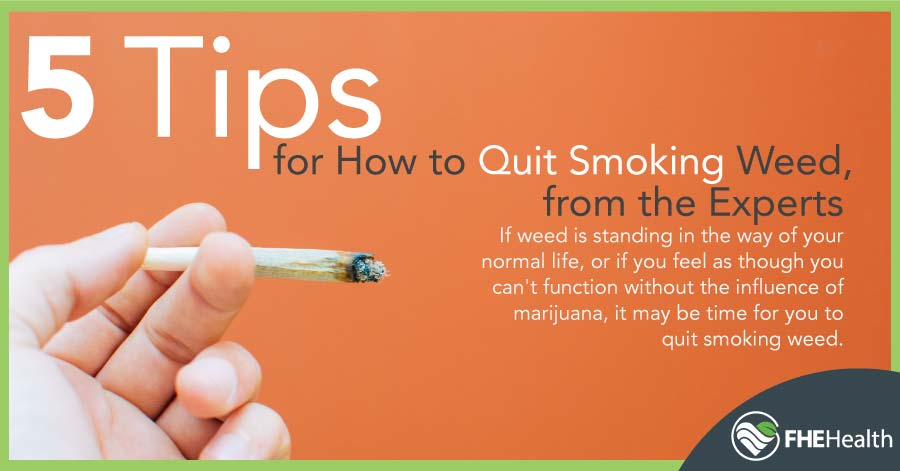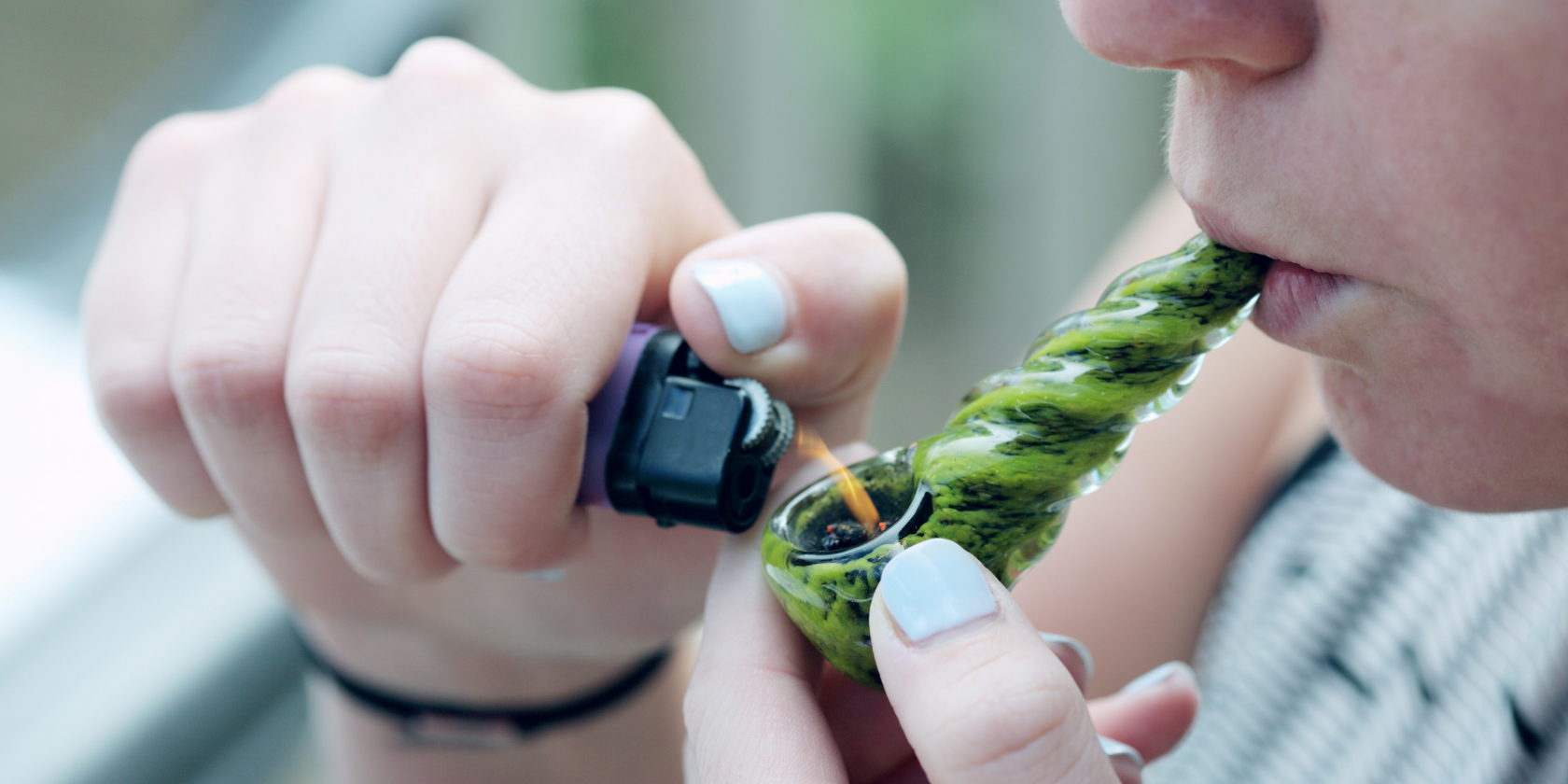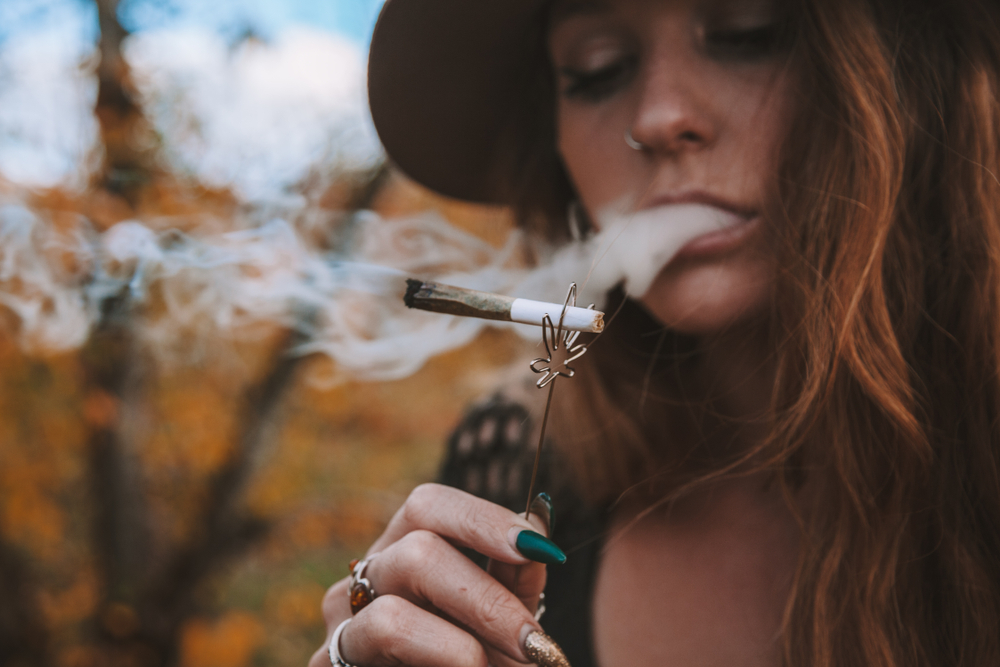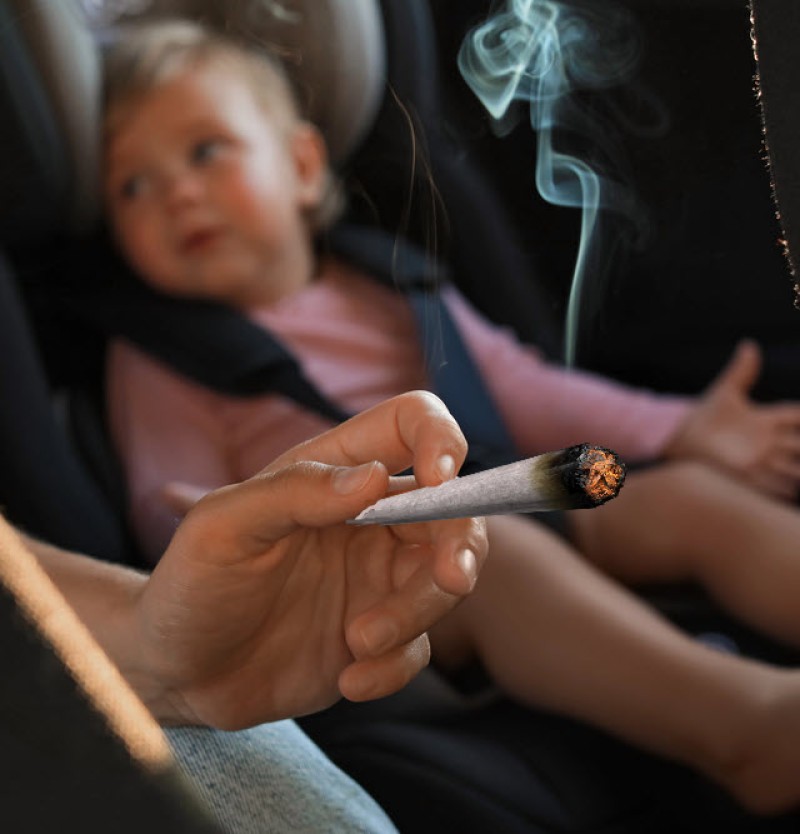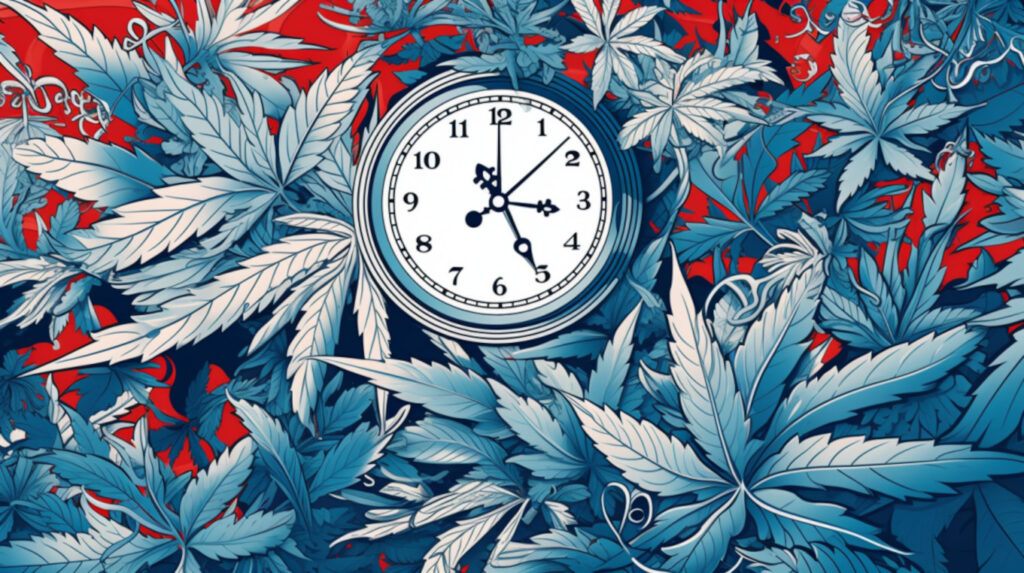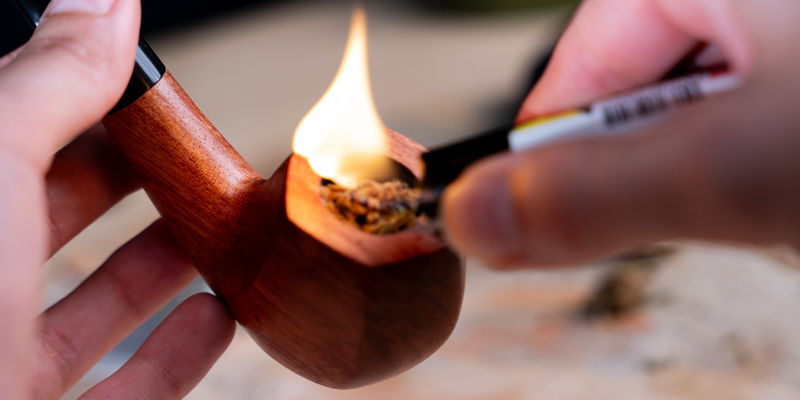Do You Dream If You Smoke Weed

The scent of lavender and patchouli hung heavy in the air, a fragrant shield against the city's clamor. Maya, curled on her plush velvet couch, stared absently at the flickering candlelight. An empty pipe lay beside her, a silent testament to the evening's ritual. Tonight, like many nights, sleep would come easily, but the landscape of her dreams? That remained a hazy, unexplored territory.
Do people who regularly use cannabis dream? This question, often whispered in hushed tones among friends or debated in online forums, strikes at the heart of our understanding of sleep, memory, and the complex relationship between cannabis and the human brain. While anecdotal evidence abounds, the scientific picture is still emerging, offering a nuanced and sometimes contradictory view of the dream world under the influence of cannabis.
The Science of Sleep and Dreams
To understand the impact of cannabis on dreams, we must first delve into the science of sleep itself. Sleep isn't a monolithic state; it's a carefully choreographed dance between different stages, each with its unique purpose. Among these, Rapid Eye Movement (REM) sleep is the stage most closely associated with dreaming.
During REM sleep, our brains are highly active, mimicking wakefulness, while our bodies are essentially paralyzed. It's during this time that vivid, often bizarre, narratives unfold behind our eyelids, allowing us to process emotions, consolidate memories, and explore our subconscious fears and desires.
The sleep cycle, which typically lasts around 90 minutes, repeats itself several times throughout the night. Early cycles are characterized by longer periods of deep, slow-wave sleep, crucial for physical restoration. As the night progresses, REM sleep becomes more prominent, often occurring in longer, more intense bursts towards morning.
Cannabis and REM Sleep: A Complex Interaction
So, where does cannabis fit into this intricate picture? The prevailing theory is that cannabis, particularly THC (tetrahydrocannabinol), the psychoactive compound in cannabis, can suppress REM sleep.
Studies have shown that chronic cannabis users often experience a reduction in REM sleep duration. This suppression is thought to occur because THC interacts with the brain's endocannabinoid system, which plays a role in regulating sleep cycles and neurotransmitter release.
However, the story doesn't end there. When chronic cannabis users abstain from the substance, they often report experiencing what's known as the "REM rebound" effect.
This phenomenon involves a surge in REM sleep, resulting in more frequent, intense, and sometimes disturbing dreams. The REM rebound effect is thought to be the brain's attempt to compensate for the suppressed REM sleep experienced during cannabis use.
Anecdotal Evidence and Personal Experiences
Beyond the scientific studies, the experiences of cannabis users themselves offer valuable insights. Many regular users report that they dream less frequently, or not at all, while using cannabis.
"When I'm smoking regularly, it's like my dreams just vanish," shared Liam, a long-time cannabis user. "I fall asleep easily, and I wake up feeling rested, but I can't remember a single dream."
Others describe a qualitative change in their dreams. "My dreams become less vivid, more mundane," explained Sarah, another cannabis user. "The storylines are less elaborate, the emotions less intense."
Conversely, those who have quit cannabis often report experiencing intense and sometimes unsettling dreams. "The first few nights after I quit were a nightmare," admitted David, who recently abstained from cannabis use. "I was plagued by vivid, anxiety-inducing dreams that left me feeling exhausted and unsettled."
The Role of Cannabinoid Receptors
The impact of cannabis on dreams is believed to be mediated by its interaction with cannabinoid receptors in the brain. These receptors, which are part of the endocannabinoid system, are found throughout the brain, including areas involved in sleep regulation and dream formation.
When THC binds to these receptors, it can alter the activity of various neurotransmitters, such as serotonin and dopamine, which play crucial roles in regulating mood, sleep, and dream content.
Additionally, cannabis may influence dream recall. Even if dreams are occurring, the suppression of certain brain functions related to memory consolidation might make it difficult for individuals to remember their dreams upon waking.
Factors Influencing Dream Recall
It's important to note that dream recall is a complex phenomenon influenced by various factors, not just cannabis use. Stress, anxiety, medication, and individual differences in personality and cognitive style can all play a role in how well we remember our dreams.
Some individuals are simply more prone to remembering their dreams than others, regardless of their cannabis use. Keeping a dream journal, practicing mindfulness techniques, and getting adequate sleep can all enhance dream recall.
Moreover, the specific strain of cannabis used, the dosage, and the frequency of use can all influence the impact on dreams. High-THC strains, for example, might have a more pronounced effect on REM sleep than strains with lower THC levels.
Future Research and Considerations
While our understanding of the relationship between cannabis and dreams is growing, further research is needed to fully elucidate the mechanisms involved. Large-scale, well-controlled studies are necessary to confirm the effects of cannabis on REM sleep, dream content, and dream recall.
Future research should also explore the potential therapeutic applications of cannabis in the treatment of sleep disorders. While cannabis might suppress REM sleep in some individuals, it could potentially be used to manage conditions characterized by excessive REM sleep, such as REM sleep behavior disorder.
It's crucial to approach this topic with caution and to recognize the limitations of current research. Individual responses to cannabis can vary widely, and what works for one person might not work for another. Consulting with a healthcare professional is always recommended before using cannabis for any medical condition.
A Concluding Thought
As Maya blew out the candle, plunging the room into darkness, she couldn't help but wonder about the hidden landscapes of her own mind. Perhaps the perceived absence of dreams was merely a veil, a temporary curtain drawn over a vibrant, subconscious world. Or perhaps, the peace and quiet she experienced were a unique benefit. Only time, and perhaps a break from her usual routine, would reveal the true nature of her dreaming mind.


